About DCCCA – Pittsburg
Developing Caring Communities Committed to Action (DCCCA) – Elm Acres Recovery Services in Pittsburg, Kansas, partners with local communities, governments, and other organizations to provide treatment for substance use and mental health disorders.
The center accepts Medicaid and many other insurance coverages. For clients paying out of pocket, a sliding fee scale is used for charges.
Assessment, Detox, and Treatment
If you are in need of outpatient treatment for substance use or you are not sure if you have a substance use problem, the clinic can provide an assessment and a recommended level of treatment.
Social non medical detoxification is available for those who need it. Outpatient services are available to adults and youth.
Referrals and DUI Walk-in Services
If you are needing an assessment and referral for residential treatment or you are required to get a DUI evaluation and court report, you do not need an appointment. Walk in hours are Tuesdays from 8:30 am to 12:00 pm.
You can complete your intake packet prior to arriving at the office. If you haven’t, you should be prepared to be in the office for several hours.
Alcohol and Drug Information School
The Alcohol and Drug Information School (ADIS) fulfills the Kansas requirement for a first time DUI charge. Clients are taught about substance use, state laws and guidelines, blood alcohol content (BAC) levels, and the consequences of violating state laws.
The class is $130. Elm Acres holds class every other month. Clients complete the class in consecutive weeks from 1:00 pm to 4:00 pm.
Rehab Score
Gallery
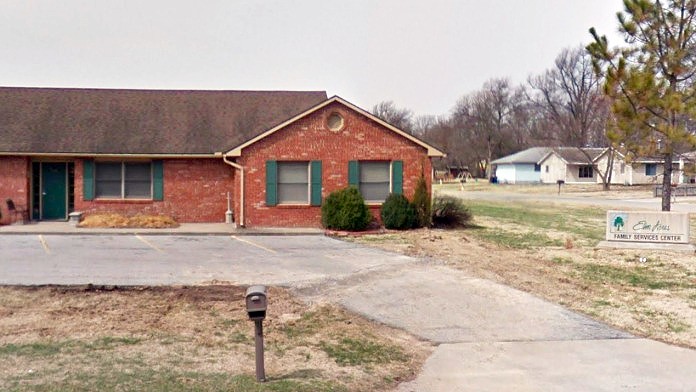
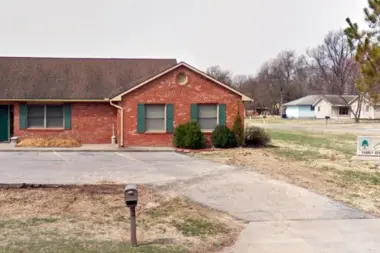
Other Forms of Payment
Medicaid is a state based program that helps lower-income individuals and families pay for healthcare. Medicaid covers addiction treatment so those enrolled can use their coverage to pay for rehab. When a program accepts Medicaid the client often pays very little or nothing out of their own pocket.
Private insurance refers to any kind of healthcare coverage that isn't from the state or federal government. This includes individual and family plans offered by an employer or purchased from the Insurance Marketplace. Every plan will have different requirements and out of pocket costs so be sure to get the full details before you start treatment.
Self-pay involves paying for treatment out of your own pocket. You can use savings or credit, get a personal loan, or receive help from family and friends to fund your treatment. If you don't have insurance or your insurance plan doesn't cover a specific program, self-pay can help ensure you still get the care you need.
Addiction Treatments
Levels of Care
Outpatient Programs (OP) are for those seeking mental rehab or drug rehab, but who also stay at home every night. The main difference between outpatient treatment (OP) and intensive outpatient treatment (IOP) lies in the amount of hours the patient spends at the facility. Most of the time an outpatient program is designed for someone who has completed an inpatient stay and is looking to continue their growth in recovery. Outpatient is not meant to be the starting point, it is commonly referred to as aftercare.
Treatments
A combined mental health and substance abuse rehab has the staff and resources available to handle individuals with both mental health and substance abuse issues. It can be challenging to determine where a specific symptom stems from (a mental health issue or an issue related to substance abuse), so mental health and substance abuse professionals are helpful in detangling symptoms and keeping treatment on track.
Programs
Adult rehab programs include therapies tailored to each client's specific needs, goals, and recovery progress. They are tailored to the specific challenges adult clients may face, including family and work pressures and commitments. From inpatient and residential treatment to various levels of outpatient services, there are many options available. Some facilities also help adults work through co-occurring conditions, like anxiety, that can accompany addiction.
Young adulthood can be an exciting, yet difficult, time of transition. Individuals in their late teens to mid-20s face unique stressors related to school, jobs, families, and social circles, which can lead to a rise in substance use. Rehab centers with dedicated young adult programs will include activities and amenities that cater to this age group, with an emphasis on specialized counseling, peer socialization, and ongoing aftercare.
Clinical Services
Research clearly demonstrates that recovery is far more successful and sustainable when loved ones like family members participate in rehab and substance abuse treatment. Genetic factors may be at play when it comes to drug and alcohol addiction, as well as mental health issues. Family dynamics often play a critical role in addiction triggers, and if properly educated, family members can be a strong source of support when it comes to rehabilitation.
Group therapy is any therapeutic work that happens in a group (not one-on-one). There are a number of different group therapy modalities, including support groups, experiential therapy, psycho-education, and more. Group therapy involves treatment as well as processing interaction between group members.
In individual therapy, a patient meets one-on-one with a trained psychologist or counselor. Therapy is a pivotal part of effective substance abuse treatment, as it often covers root causes of addiction, including challenges faced by the patient in their social, family, and work/school life.
Staff & Accreditations
Staff
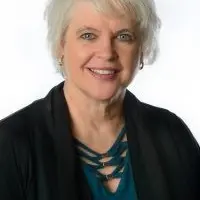
Lori Alvarado
CEO

Kulea' Evans
Chief Behavioral Health Officer
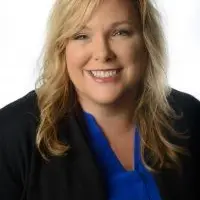
Kelly Garcia
Chief Development Officer
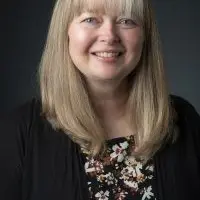
Chrissy Mayer
Chief Community Based Services Officer
Accreditations

The Substance Abuse and Mental Health Services Administration (SAMHSA) is a branch of the U.S. Department of Health and Human Services. Established in 1992 by congress, SAMHSA's mission is to reduce the impact of substance abuse and mental illness on American's communities.
SAMHSA Listed: Yes
Contact Information
1102 S. Rouse
Pittsburg, KS 66762